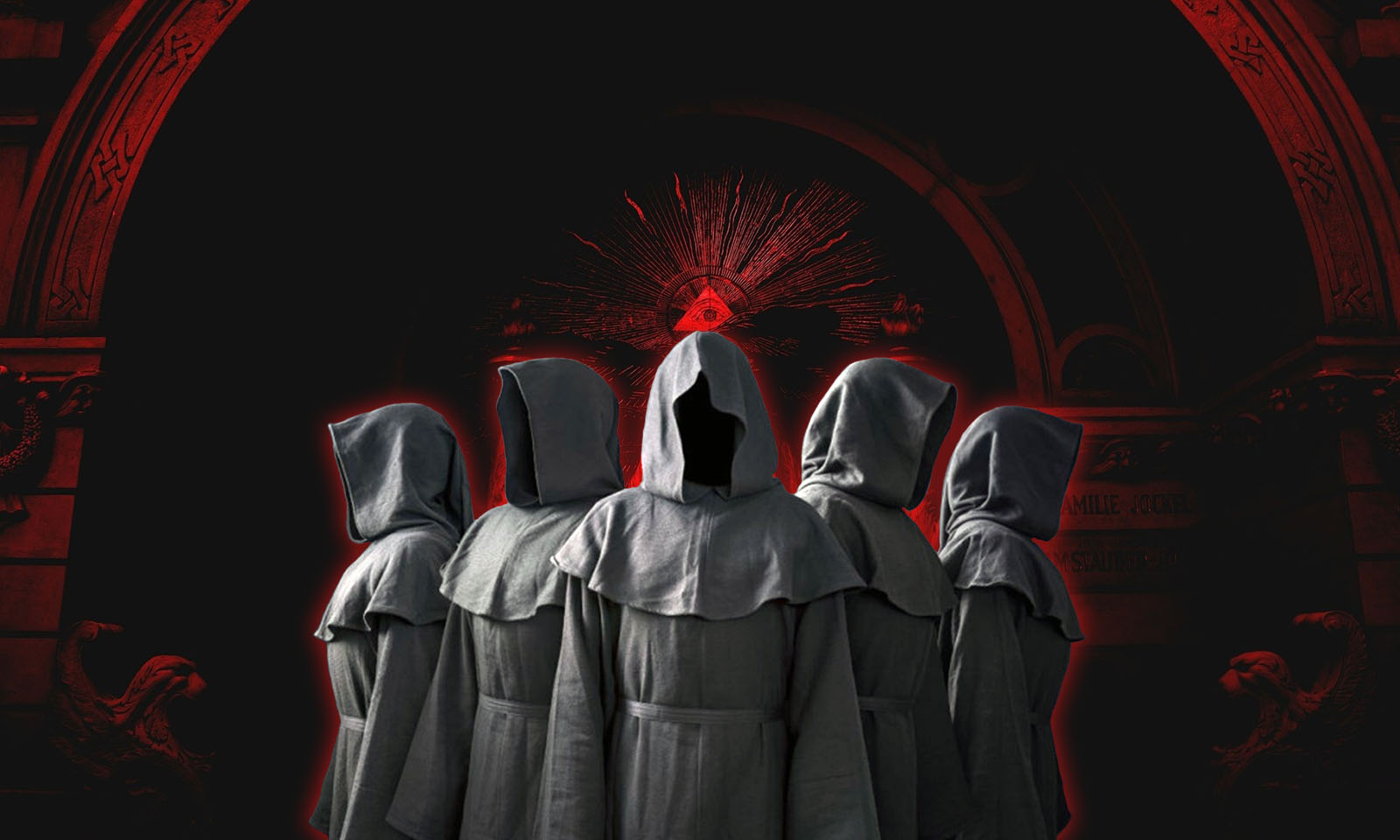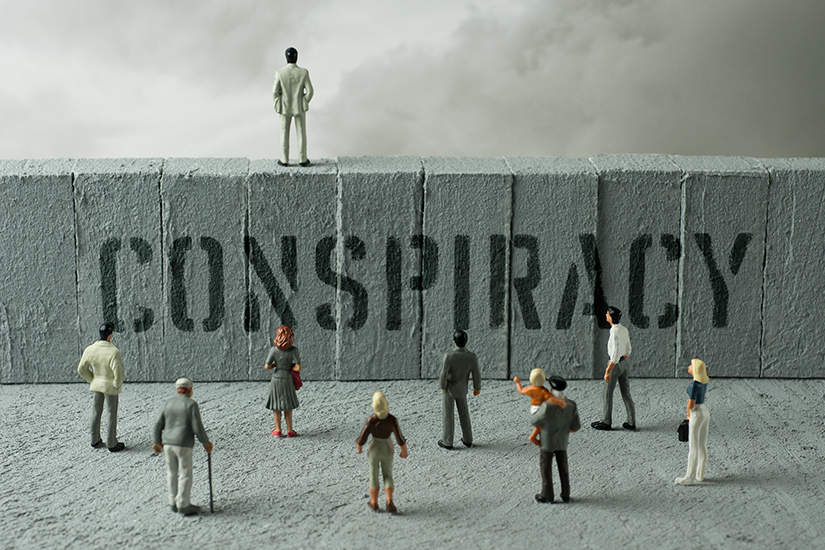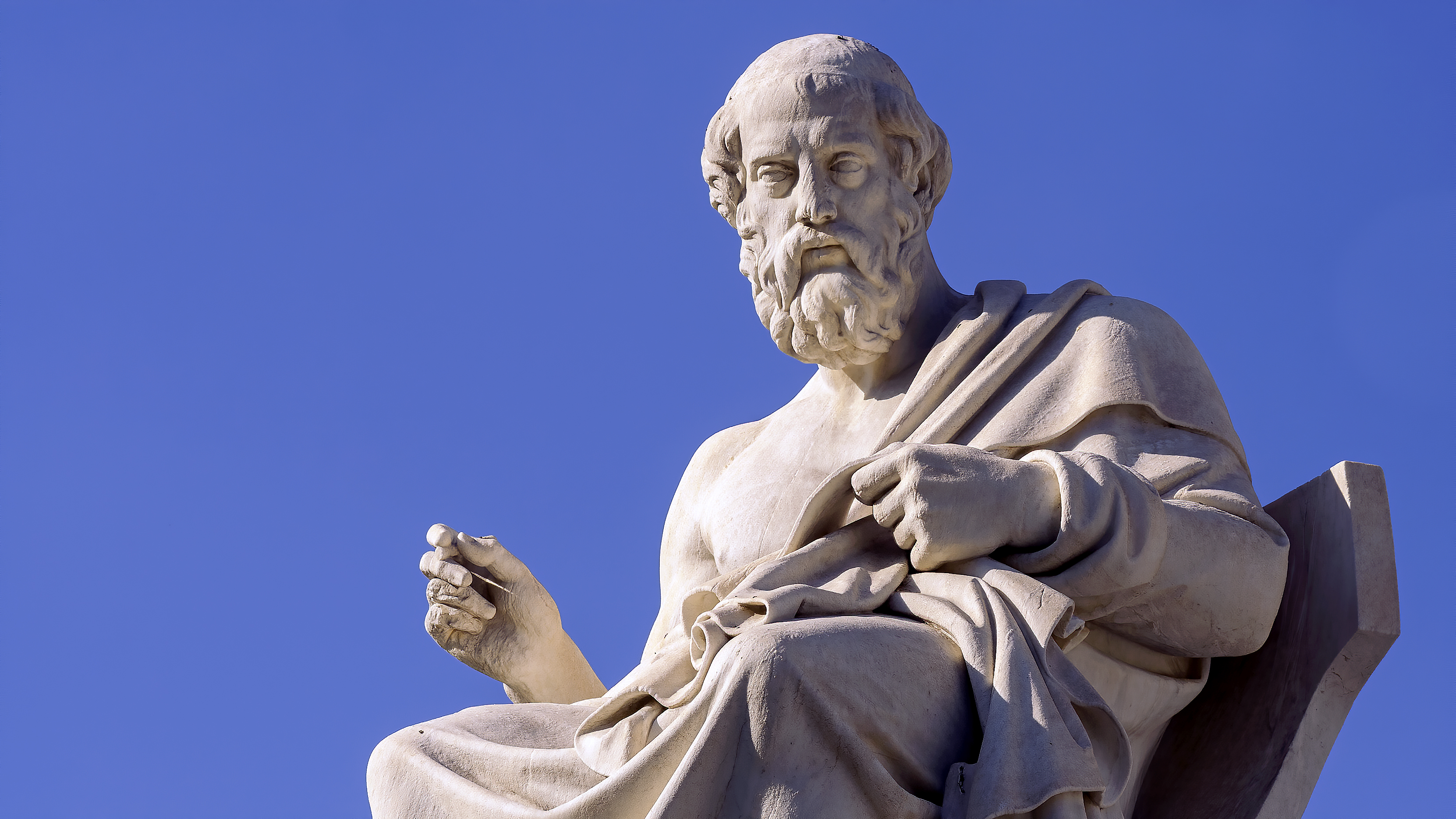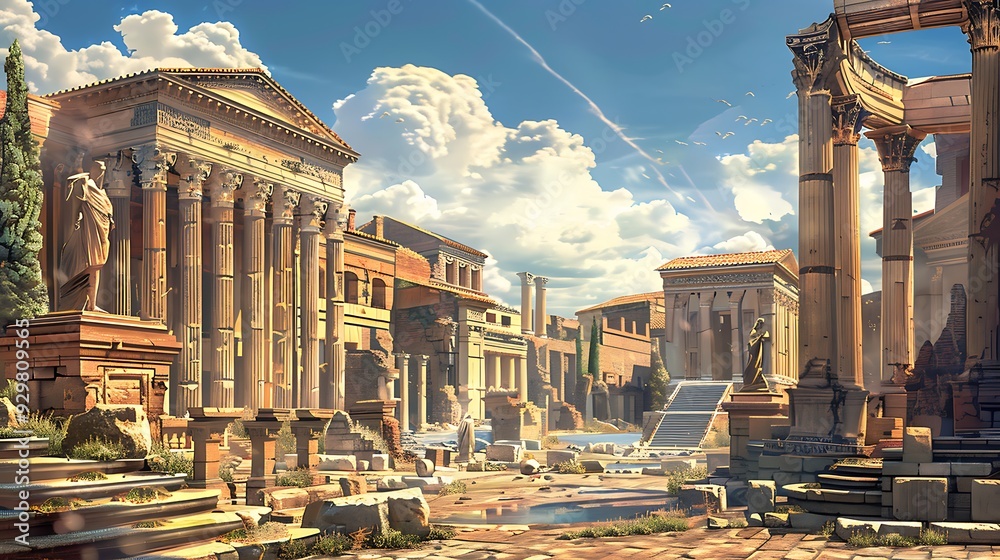There's something irresistible about a good conspiracy.
Secret meetings in shadowy chambers. Ancient symbols hidden in plain sight. Powerful people pulling the strings behind governments, religions, even history itself. As a novelist, I get it. Conspiracies make for gripping plots, high stakes, and that delicious sense of "what if" that keeps readers turning the page deep into the night.
But what happens when those same conspiracies bleed off the page?
That's the question I wrestled with while writing The Ignoble Lie, a political-religious thriller where the line between fiction and reality gets dangerously thin.
In fiction, conspiracies let us feel like insiders. Like we're in on the secret. Like we're one step ahead of the truth. They offer tidy explanations for messy problems: wars, assassinations, systemic inequality. They give us a villain to point at and a mystery to solve. Whether it's The Da Vinci Code, Three Days of the Condor, National Treasure, or The X-Files, the allure is the same: behind every curtain, there's someone hiding the real story.
And let's be honest—sometimes, there is.
History is filled with coverups, coups, and suppressed truths. That's why the idea of a hidden gospel, a Vatican power struggle, or a U.S. President potentially manipulated by religious ideologues (all of which appear in The Ignoble Lie) doesn't feel all that far-fetched. The challenge as a writer isn't imagining the conspiracy, it's keeping it plausible enough that it just might be true.
But the danger comes when we stop distinguishing fiction from fact.
In a world where misinformation spreads faster than truth, conspiracy theories can leap from thrillers into real-life violence. We've seen it in the rise of QAnon, in vaccine denialism, in attacks on journalists and politicians. What starts as a "what if?" quickly becomes "what must be true!" And suddenly, the shadows are running the show.
Conspiracy thinking often thrives in times of uncertainty. It offers clarity where there is confusion, purpose where there is chaos. But it also erodes trust, especially in institutions, science, and even democracy itself.
That's why I take the responsibility of writing conspiracy fiction seriously.
The Ignoble Lie is, at its core, a novel about the power of belief: how it can uplift or destroy, liberate or imprison. It uses conspiracy as a lens to ask hard questions: Who controls history? What happens when faith is politicized? Can the truth survive in a world built on lies?
But I'm not asking readers to believe in any of the views put forth in the book—unless, of course, they resonate them. I'm asking them to think critically about the forces shaping their worldview. To stay curious. To interrogate the stories they've inherited.
Because fiction isn't meant to be a blueprint, but a mirror.
So yes, conspiracies make great fiction. But they're only great when they remind us to think harder, dig deeper, and remain vigilant. Not just about what's hidden, but about who's telling the story.
Just remember: the truth is rarely tidy. And the real danger is not the lie itself, but the need to believe it.
Best,
Matthew



